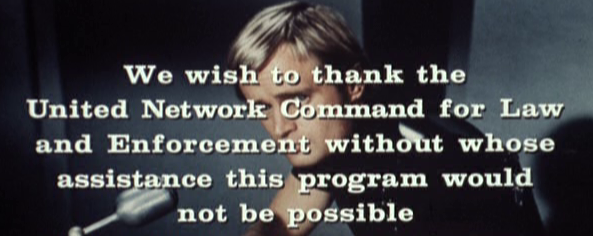Box Office Democracy: “Free Fire”
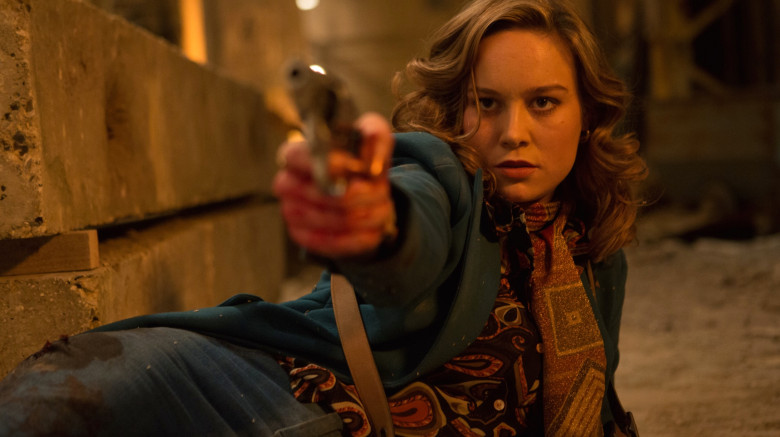
Something hit me like a bolt from the blue during the third act of Free Fire: I am all the way over nihilistic action movies. I don’t want to watch movies full of people who don’t care about anything commit violence against each other anymore. In my teens and twenties this felt ok; that it was worth it to explore the space of cinematic violence. Either we’ve completely explored that space or I’ve aged out of it or maybe Free Fire is just a particularly bad example of the form, but I can’t stand for it anymore. I need my action movies to have people who care about things in them and those things can’t be violence for the sake of violence or money. I need more than that.
Free Fire is about an arms deal that goes bad and that’s the entire plot. We spend the first 20 minutes getting to know the 10 principal characters, and then spend 70 minutes watching them shoot at each other in a warehouse. There are only two moments I would consider plot or character development after the shooting starts, and so we just get sequence after sequence of people mostly futilely shooting at each other. There are no grand twists or revelations just an escalation of carnage. Anyone that’s been to more than ten movies in their life could probably guess who “wins” from the trailer. I kept waiting for some kind of escalation or turn and it never comes— we just get people crouching in the dirt until they run out of time.
I expected to come home and do my preliminary research for this review and discover the movie was based off of a novella or something. It would be a fine novella, all of the characters could have internal lives and explored backstories. It’s not often I come home from a movie wishing for more exposition or more navel-gazing, but here we are.
I don’t know what else there is to say about a movie that I reject so completely as a story. The acting is fine. Brie Larson is always fun to watch but she’s asked to do very little here. Cillian Murphy is pretty good but I wish he reached in to his bag of expressions and came back with something that wasn’t “handsome pensive” a couple times. Sharlto Copely gives a completely off-the-wall performance that I can’t decide if it’s brilliant or just completely random, but it’s probably at least 70/30 in favor of the former. I’m not entirely sure why the movie needed to be set in the 70s other than some whimsical wardrobe choices, but it’s kind of fun seeing people dressed like that and I chuckled the first time I saw someone put in an 8-track tape. It’s really scraping the bottom of the barrel when you’re giving a movie credit for using antiquated audio technology.
I’m honestly not sure if Free Fire is as bad as I’m making it sound. Perhaps ten years ago I would have seen this and spent the next week gushing about it to anyone who would listen. It’s neither offensive nor spectacular in its failures such that I could imagine no reasonable person liking it. It’s just a bland film that never seems to aspire to be an interesting film. Free Fire is a movie that might have seemed like a revelation in a world where Reservoir Dogs didn’t exist and we hadn’t been seeing movies inspired by it for the last quarter of a century. But Reservoir Dogs does exist, and so I can’t see what use Free Fire has at all.

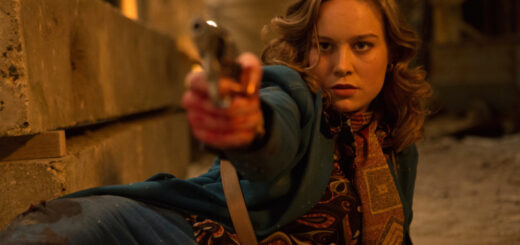
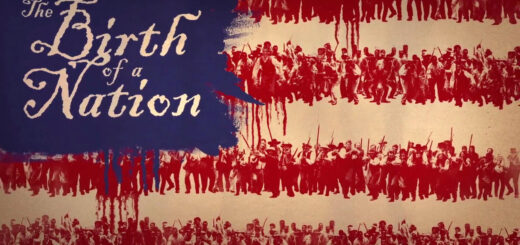
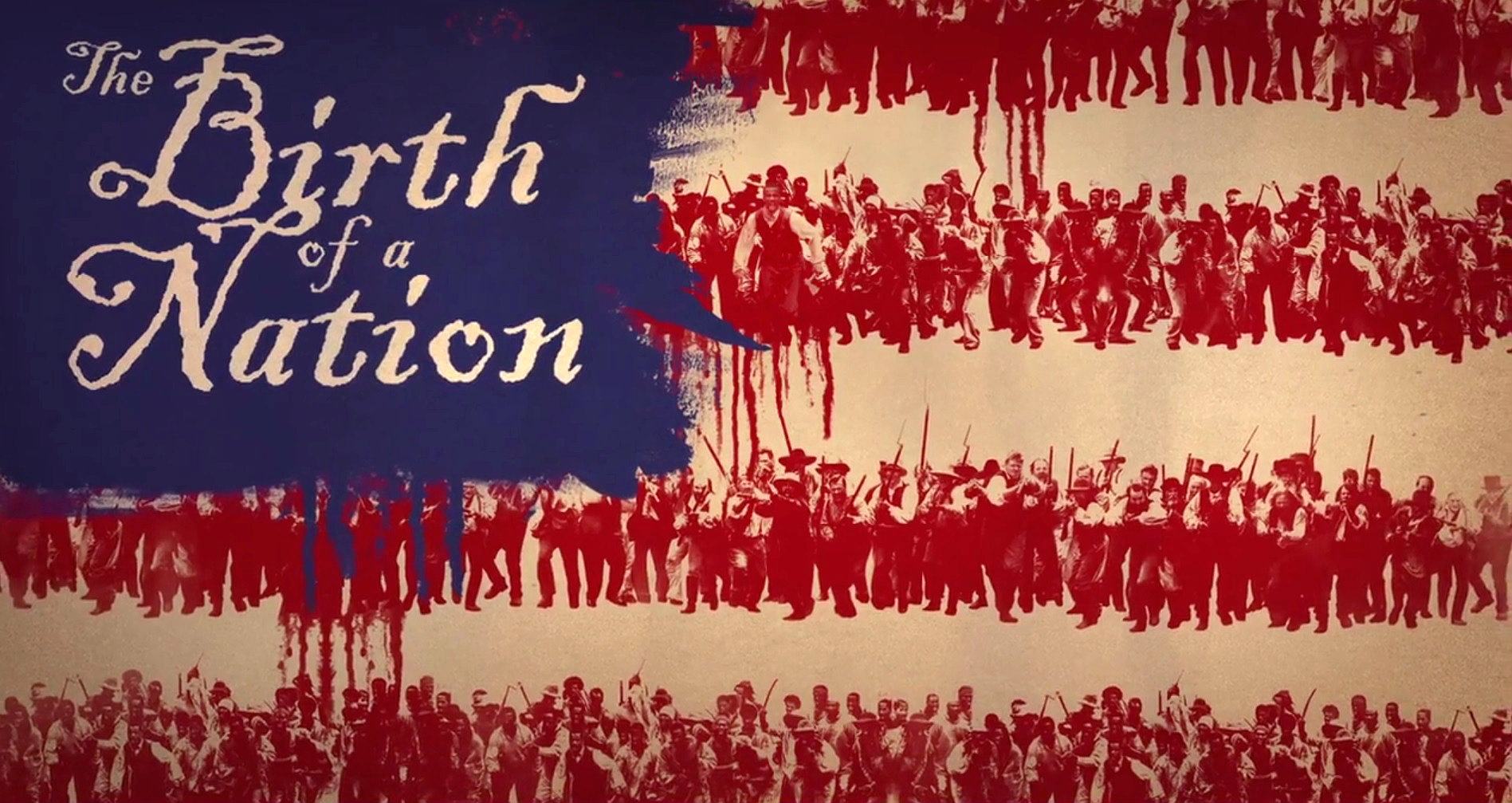
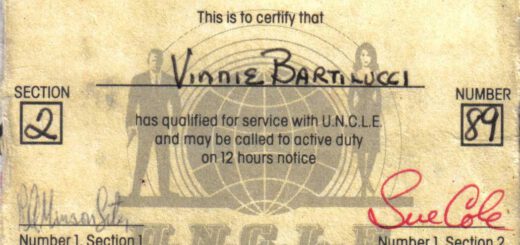
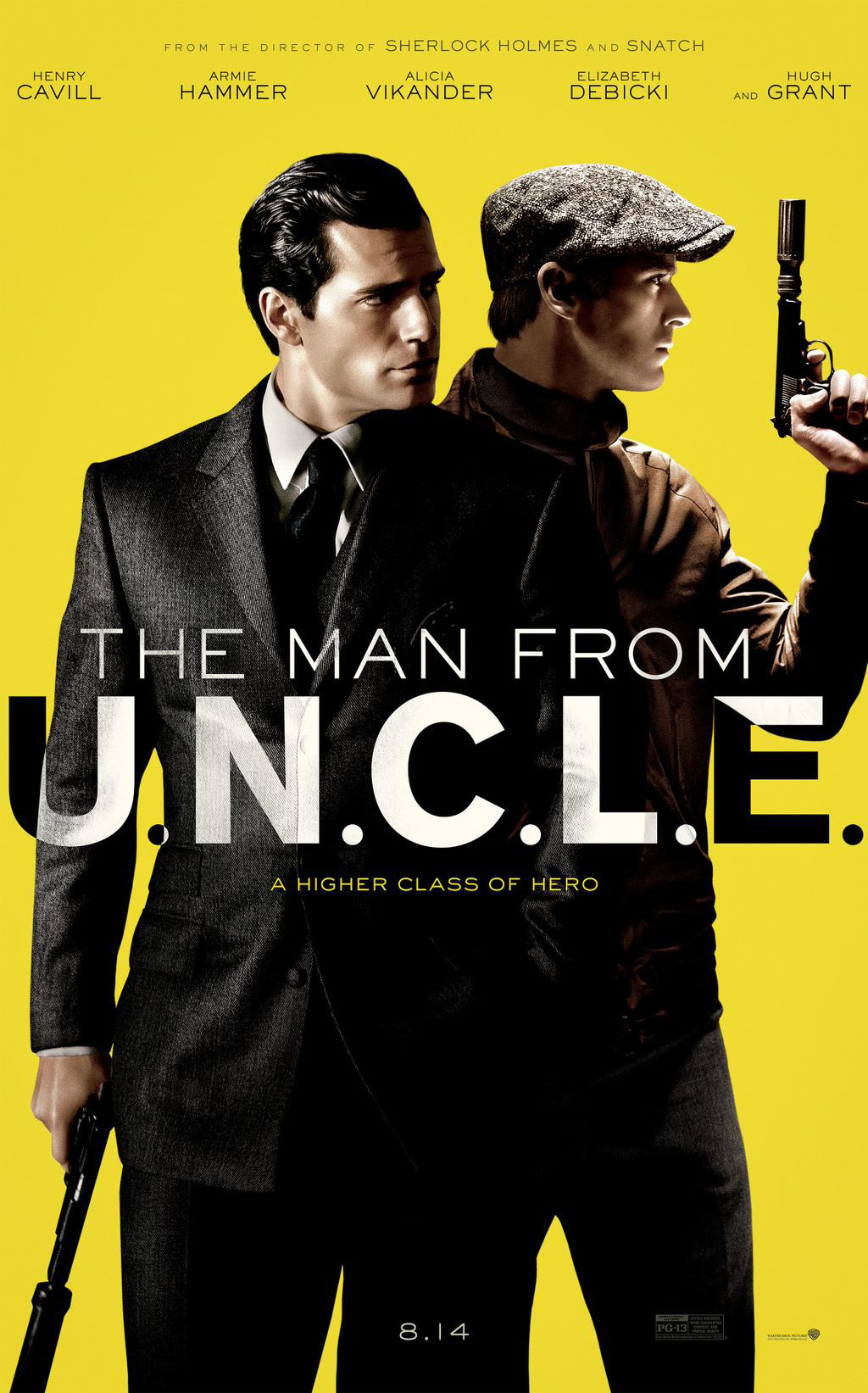 We all know how it works. A movie company gets a hold of a classic property like a TV show or even another movie, and proceed to “improve” it for a new audience by largely removing almost everything that made the property good in the first place. It takes a singular talent to perform such surgery on a concept and successfully replace the gaps with quality entertainment is a rare accomplishment.
We all know how it works. A movie company gets a hold of a classic property like a TV show or even another movie, and proceed to “improve” it for a new audience by largely removing almost everything that made the property good in the first place. It takes a singular talent to perform such surgery on a concept and successfully replace the gaps with quality entertainment is a rare accomplishment.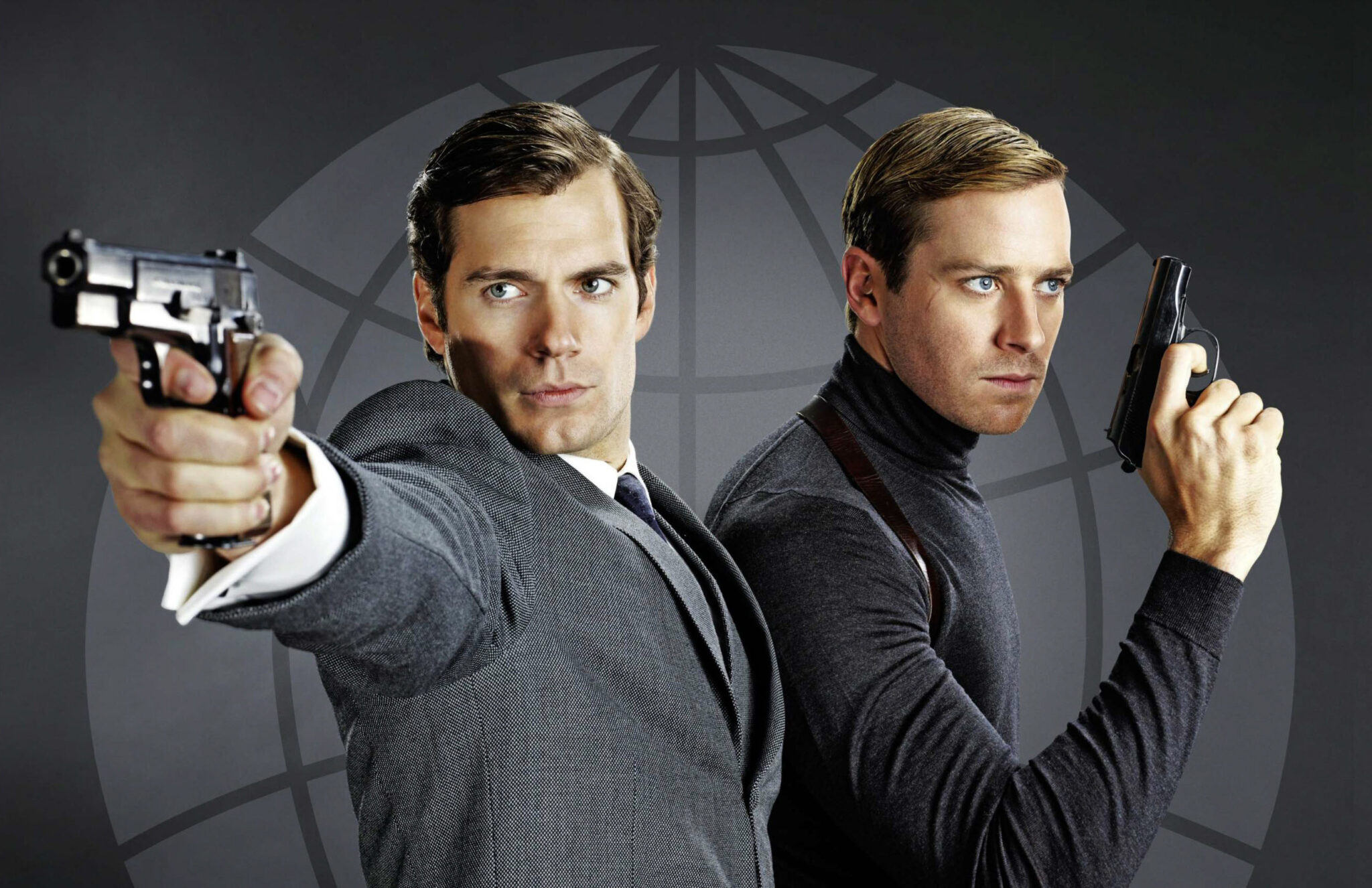 The film hits all the points you’d like a period spy movie to hit— fast-paced split-screen editing, the stealth incursion into the bad guy’s lair, some staggering costumes for the ladies (none of which were particularly revealing, but still a retro joy to behold) and the requisite turncoat moment or two (to say who did it to whom would be telling). The soundtrack is a delight, a combination of Ritchie’s traditional amazing skill for picking existing songs, and a score chock fill of pan flutes and hammer dulcimers, the source of much of the music found in spy films in the sixties. But the film rises and falls on the chemistry between the stars. Cavill and Hammer plays against each other perfectly, and both work well with Vikander.
The film hits all the points you’d like a period spy movie to hit— fast-paced split-screen editing, the stealth incursion into the bad guy’s lair, some staggering costumes for the ladies (none of which were particularly revealing, but still a retro joy to behold) and the requisite turncoat moment or two (to say who did it to whom would be telling). The soundtrack is a delight, a combination of Ritchie’s traditional amazing skill for picking existing songs, and a score chock fill of pan flutes and hammer dulcimers, the source of much of the music found in spy films in the sixties. But the film rises and falls on the chemistry between the stars. Cavill and Hammer plays against each other perfectly, and both work well with Vikander.